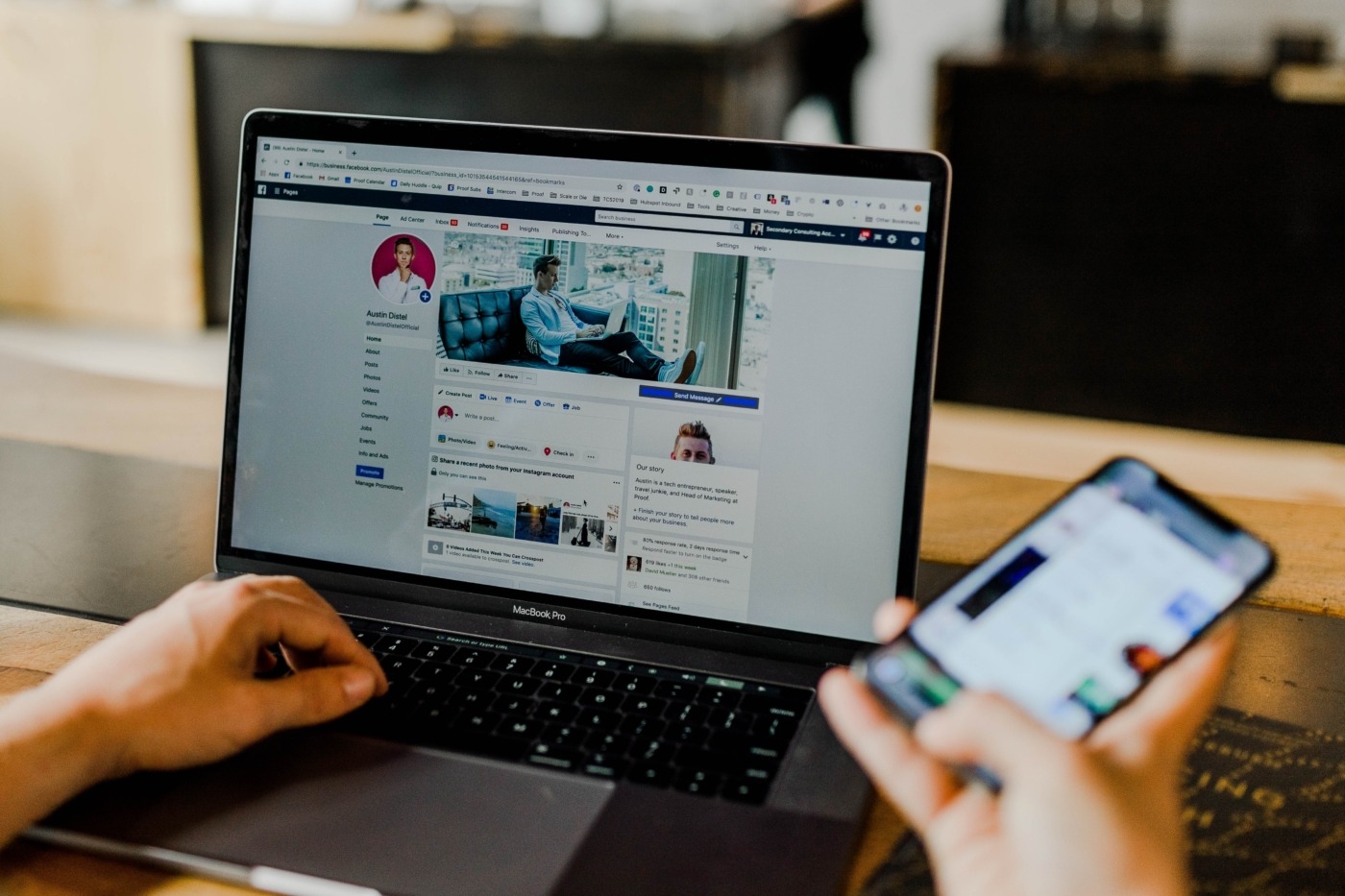How coronavirus has changed the way we use social media
In case you had forgotten, we are in the midst of a global pandemic. Of course, with the accessibility and prevalence of social media, we are constantly bombarded with reminders about the continuing effects and progression of the virus, whilst feeling helpless and trapped in this entirely different lifestyle many of us now lead.
But it’s not all doom and gloom.
We can find solace in the fact that we are all in a similar position of being unable to interact with each other in ways we did before. Many of us, particularly students, turn to social media to quell this desire for human interaction.
We may see the role of social media returning to its original intention, as a way to keep in touch with important people in our lives. Especially in recent years, we have encountered a rise in some of the more toxic elements of social media’s presence in our lives, in the way it encourages unrealistic beauty or living standards. Seeing this causes many of us to project entirely different versions of ourselves onto the world as we feel the need to compete and compare ourselves to our peers and celebrities in the public eye.
Undoubtedly, the pandemic has allowed us to take a step back from acting in this way as we are now much more limited in the way we can live our lives. We have now begun to see social media return to fostering these positive forms of communication, such as keeping in touch with people we now are unable to see as often as we could previously instead of trying to compete with them. The playing field has somewhat levelled in this sense.
We should not be using social media as a way of policing our friends, but rather as a way to keep us entertained and keep us connected
This is not to say, however, that all the negative aspects of social media have disappeared as a result of the pandemic. Our usage has certainly increased exponentially as we use social media as a sort of coping mechanism to get through this lockdown while still feeling connected to people outside of our households.
As there remains little else for us to occupy our time with, we have started to see a rise in social media usage which could potentially be exploited as a way in which to monitor our friends through their social media activity. A lack of face to face communication prompts us to read into this increased usage and perhaps interpret it as a reflection of our relationship with our friends.
Already lacking face to face interaction, a dip in online communication through these apps could initiate ‘cyber stalking’, lurking on our friends’ profiles and monitoring their activity when it appears they are ignoring us.
They haven’t replied to the tweet you sent them, but are liking memes on Instagram, or they seem off in their texts, but are posting on their Snapchat story. These worries plague our minds and our abundance of time combined with multiple platforms across which to monitor this activity leads us to overthink as we can no longer get answers and interact in real time.
Post-lockdown, it is important we recognise the importance of maintaining a healthy relationship with social media
This is why verbal communication is more important now than ever- a lack of communication may lead us to project our insecurities onto our friends or family, but we should not let this get in the way of staying in contact.
Especially if we know of people for whom this lockdown may be taking a greater toll, maintaining contact, especially across platforms which can more accurately mimic normal face to face contact (such as FaceTime, Skype, Houseparty, and other video calling apps) can help to assuage these insecurities and fears.
This is not a time to test our friendships and relationships, but to recognise that we are all going through this incredibly difficult time together. We should not be using social media as a way of policing our friends, but rather as a way to keep us entertained and keep us connected.
Certainly, social media has become a crutch to regain a sense of normality during lockdown, but disconnecting on occasion can prevent reliance. Post-lockdown, it is important we recognise the importance of maintaining a healthy relationship with social media, and remembering its role in helping us through such a difficult time as this pandemic.

Comments